
Wild vegetables that never worry about chemicals are considered longevity vegetables in Japan, but many Vietnamese people still pull them out.
🌿 Wild Vegetables: Nature’s Longevity Secret That Many Still Overlook
In Japan, certain wild vegetables are cherished not just for their flavor but for their health benefits. These naturally growing greens, untouched by pesticides or fertilizers, are often referred to as “longevity vegetables.” Rich in antioxidants, fiber, and essential nutrients, they’ve been part of traditional Japanese diets for centuries, believed to promote vitality and long life.
However, in Vietnam, many of these same plants are misunderstood. Despite growing abundantly in fields and gardens, they’re often pulled out and discarded as weeds. This disconnect highlights a missed opportunity to embrace nature’s gifts and reintroduce forgotten plants into daily meals.
🌱 What Makes Wild Vegetables So Special?
-
Chemical-free by nature: These plants thrive without human intervention, making them naturally organic.
-
Nutrient-dense: Many wild greens contain higher levels of vitamins and minerals than cultivated vegetables.
-
Medicinal value: Some are used in traditional remedies for digestion, inflammation, and detoxification.
-
Resilience: They grow in diverse conditions, making them sustainable and easy to harvest.
🍽 Examples of Wild Longevity Vegetables
-
Fuki (Butterbur) – Popular in Japan for its detoxifying properties.
-
Bracken fern (Warabi) – Used in soups and salads.
-
Dandelion greens – Rich in iron and antioxidants.
-
Pennywort (Rau má) – Common in Vietnam but often overlooked despite its cooling and healing effects.
🇻🇳 Why Are They Pulled Out in Vietnam?
-
Lack of awareness: Many people don’t recognize their nutritional value.
-
Cultural habits: Preference for cultivated vegetables and supermarket produce.
-
Fear of toxicity: Some wild plants resemble harmful species, leading to caution or avoidance.
🌟 A Call to Reconnect with Nature
Reintroducing wild vegetables into Vietnamese cuisine could offer both health and environmental benefits. By learning to identify and prepare these plants safely, communities can reduce reliance on chemical farming and rediscover flavors that have nourished generations.
News in the same category


You’re doing it all wrong. Here’s the right way to store eggs

The reasons why public toilet doors don't touch the ground.

Pouring Salt into the Toilet: Everyone Thinks It’s Crazy, but Once You Know Its Benefits, You’ll Try It at Home Immediately

Black Mold on Refrigerator Seals? Use This Trick to Clean It in Just 5 Minutes

Don’t Ignore This: Check Your Fridge Now and Remove These 7 Items Before It’s Too Late

Why is that and the answer for those who don't know?

Why Do Flat Electrical Plugs Have Two Round Holes? The Hidden Function Is Brilliant

What Your Pile of Dirty Dishes Might Really Be Saying About You

You're doing it all wrong. Here’s the right way to store butter

Why There’s a Dent in Your Milk Jug—and What It Actually Does

The more you clean a leaky house, the dirtier it gets: Do this to dry it, with immediate effect

During humid spring rains, put this in the bathroom to help deodorize, avoid moisture, and save cleaning time.

4 ways to distinguish clean vermicelli and vermicelli contaminated with chemicals, every housewife should know

Tips for salting white eggplants so they stay crunchy, don't turn black, and don't develop mold over time

Putting citrus peels in white vinegar helps solve many household problems without wasting effort.
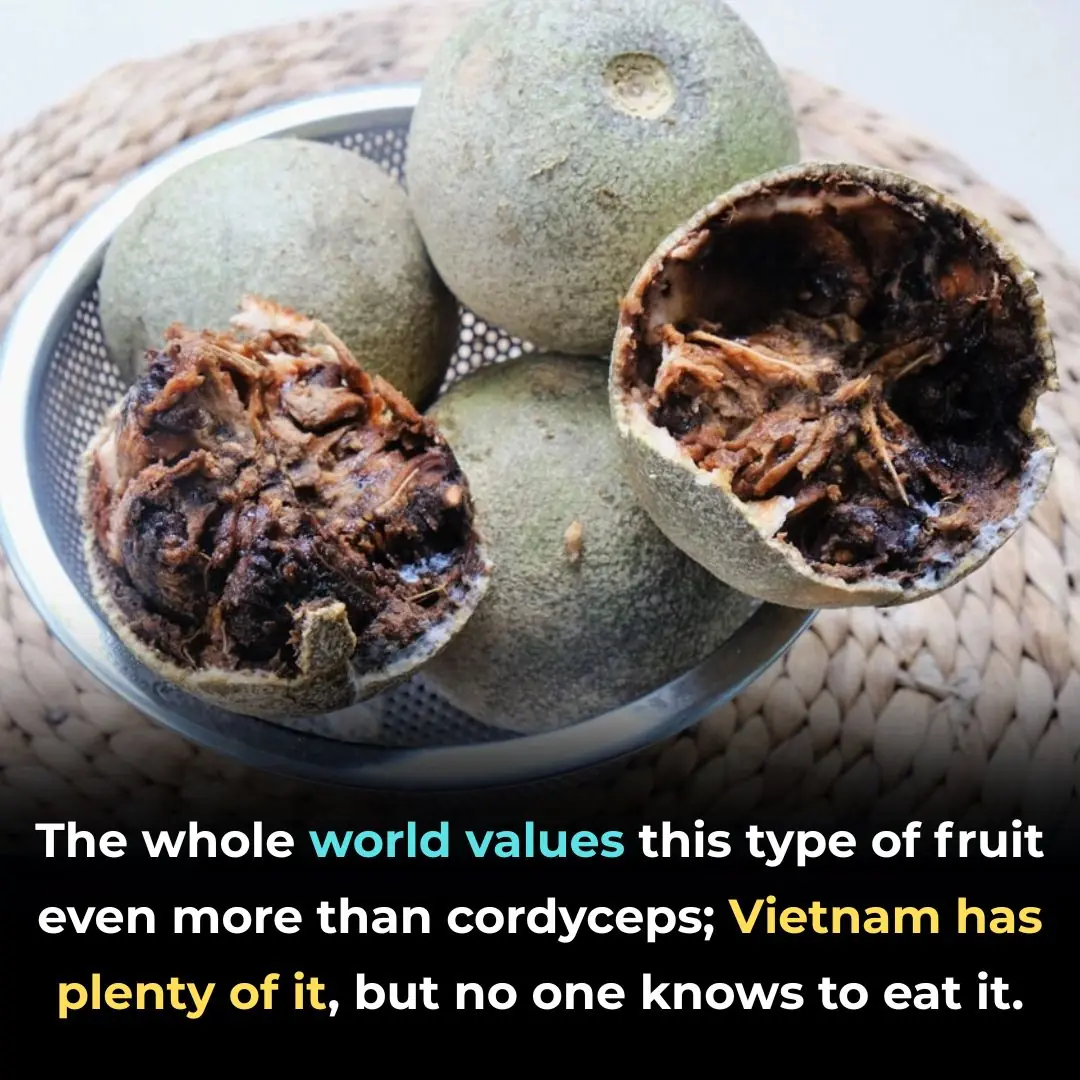
The whole world values this type of fruit even more than cordyceps; Vietnam has plenty of it, but no one knows to eat it.

You are doing it all wrong. Here's the right way to clean your windows

My nana taught me this hack to whiten dingy grout in 4 mins with 0 work. Here’s how it works

You’re doing it all wrong. Here’s the right way to dust your home
News Post
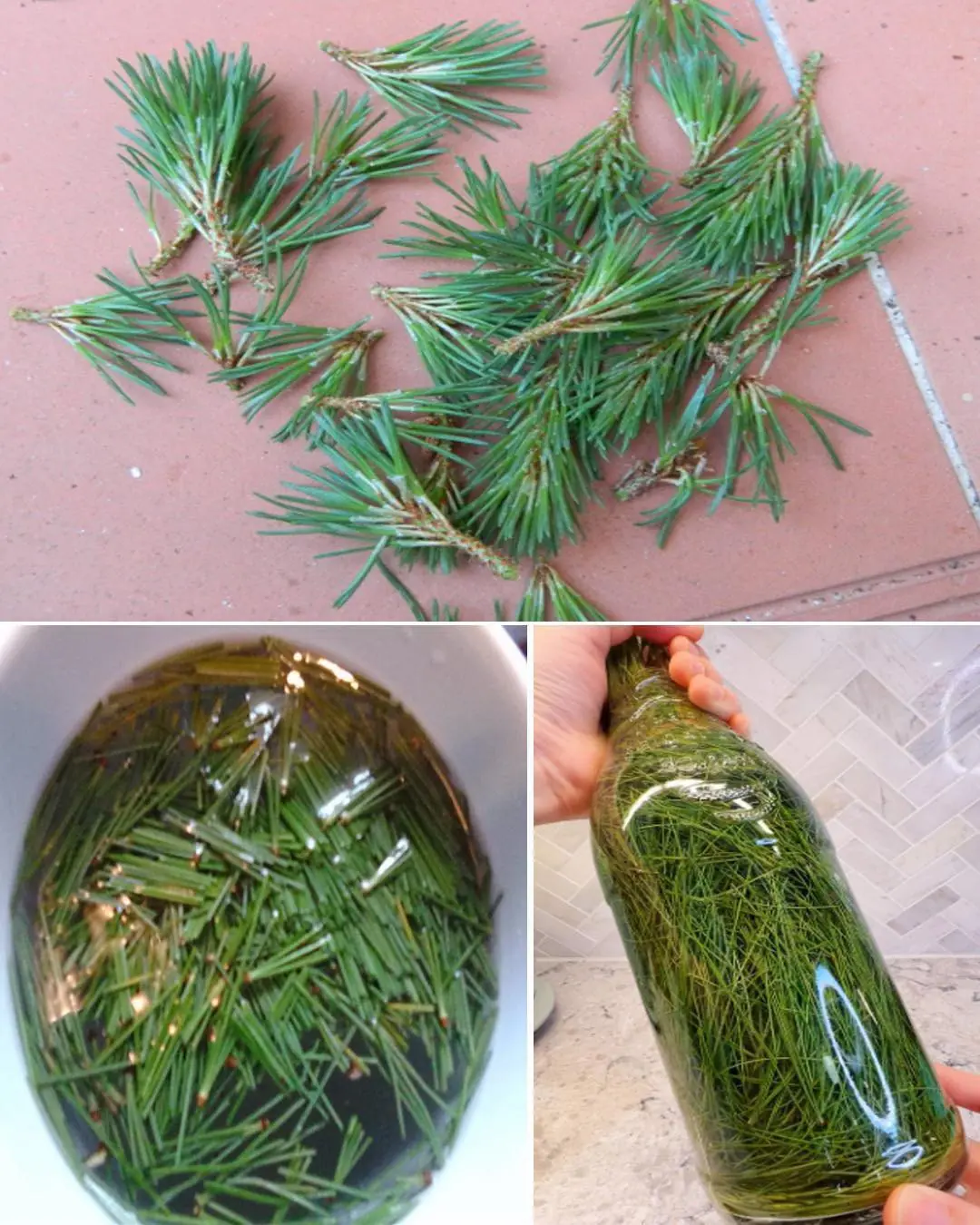
9 Health Benefits of Pine Needles

Unlock The Incredible Health Benefits of Garlic, Ginger and Lemon for Men
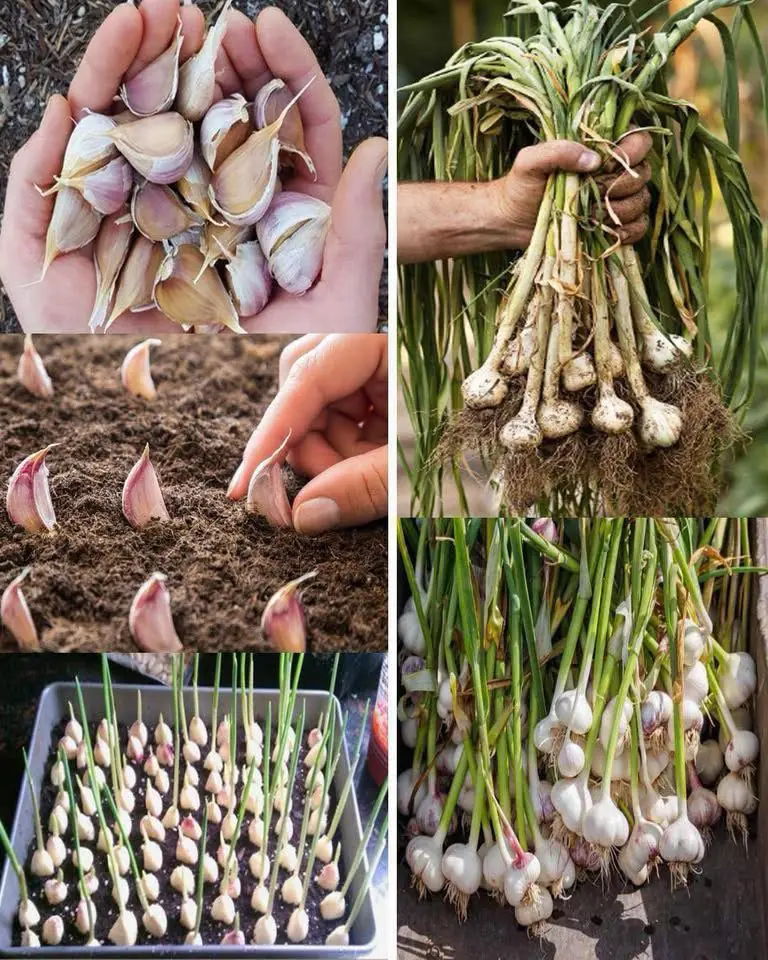
A special method to grow garlic in plastic bottles
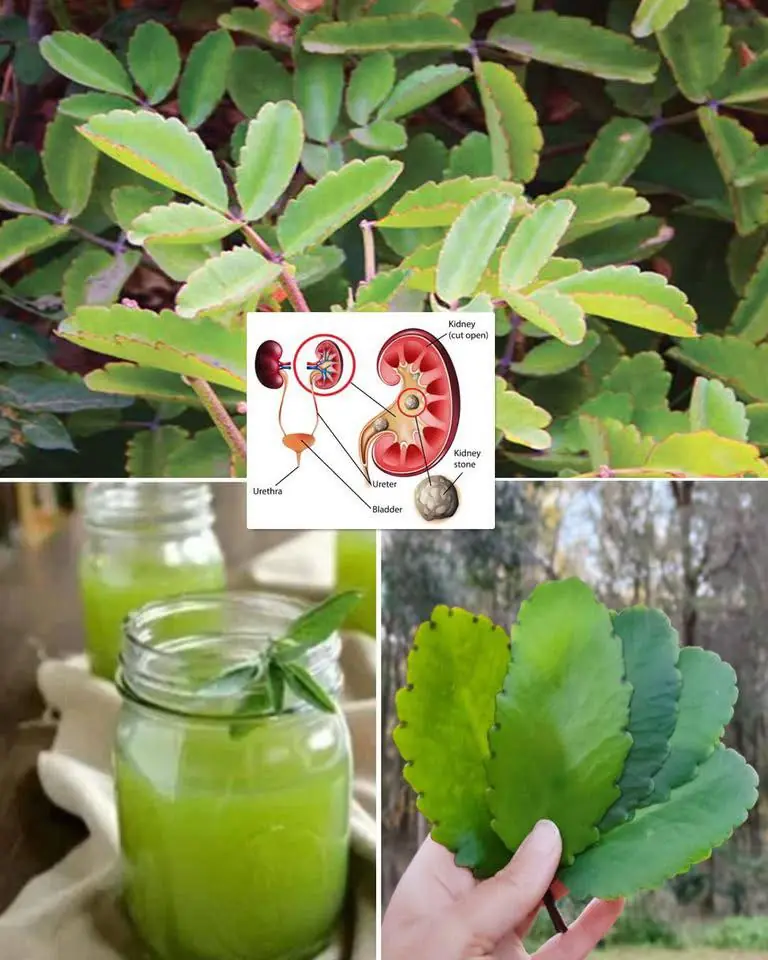
7 Benefits of the Miracle Leaf of Life
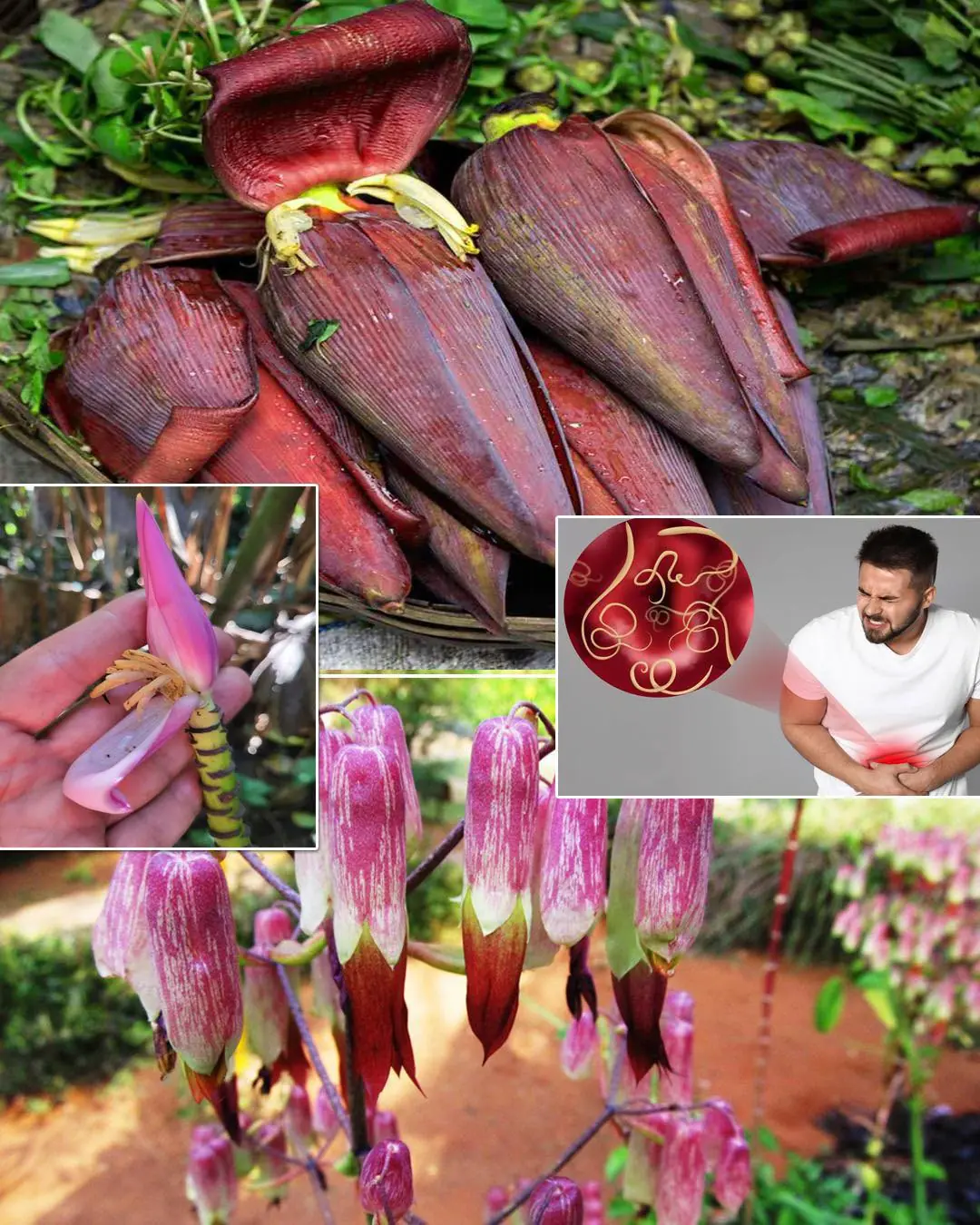
7 Amazing Health Benefits of Banana Blossoms

Boiling Sweet Potatoes: Don’t Just Add Plain Water—Add This Spoonful for Perfectly Fluffy, Sweet Results

The Science Behind Putting a Cotton Swab in a Menthol Oil Bottle

More People Are Struggling with Visceral Fat — Doctors Reveal 9 Foods That Help Burn It Naturally
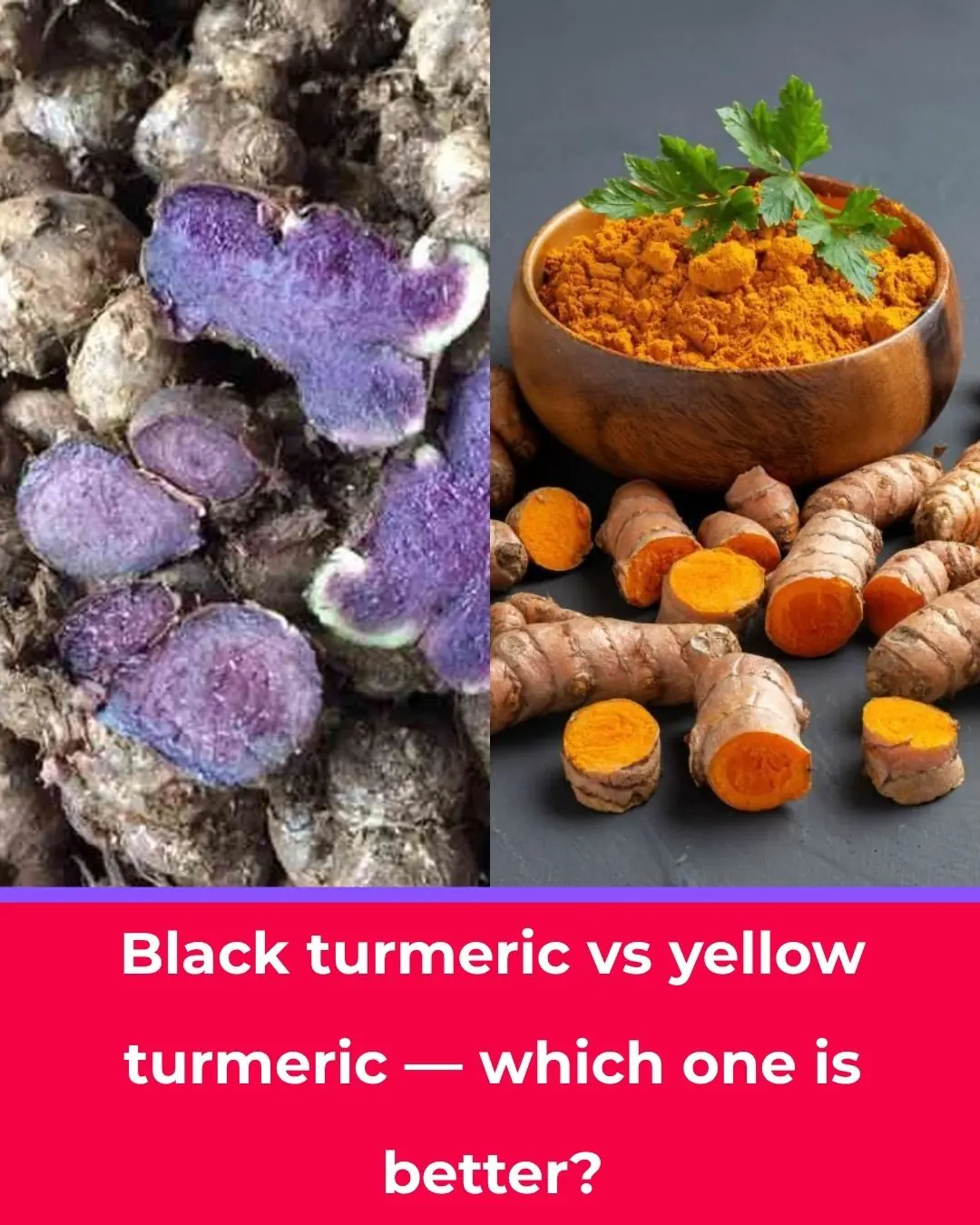
Black Turmeric vs. Yellow Turmeric: Which One Is Better?

Starve cancer: the diet rotation strategy you need to know

Like to see more from Tips for the Home

💪 Sarcopenia: Why Muscle Loss Happens & How to Fight It (After 50)

I Had No Idea About This!

These Ideas Are Amazing: 10 Clever Ways to Use Dryer Sheets Beyond the Laundry Room

Most Don’t Know: 13 Brilliant Ways to Use WD-40 Around the House
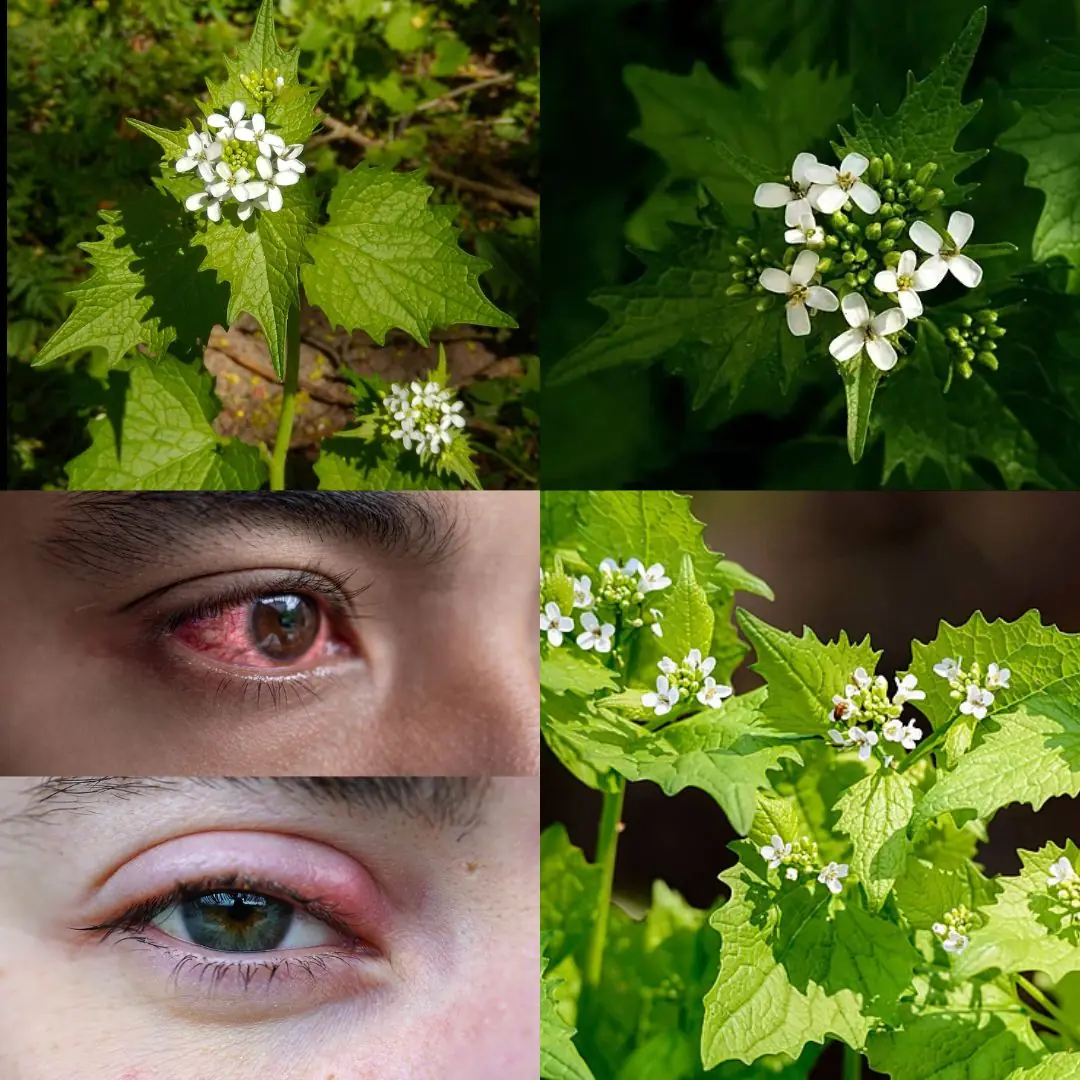
Garlic Mustard: The Overlooked Herb That Can Boost Your Health — Especially Your Eyes

SHOCKING NEW STUDY REVEALS WHAT MIGHT BE SILENTLY DESTROYING HUMAN FERTILITY

POPULAR SHAMPOO URGENTLY RECALLED BECAUSE IT CONTAINS BACTERIA THAT KILLS UP TO ONE IN TEN PATIENTS

How to Store Chili Peppers So They Stay Fresh, Juicy, and Flavorful for Months
